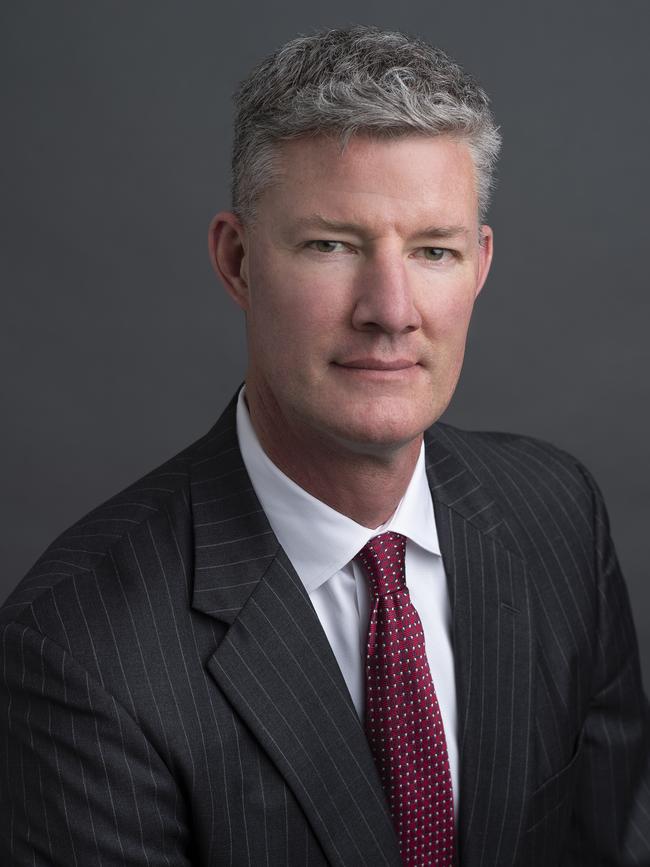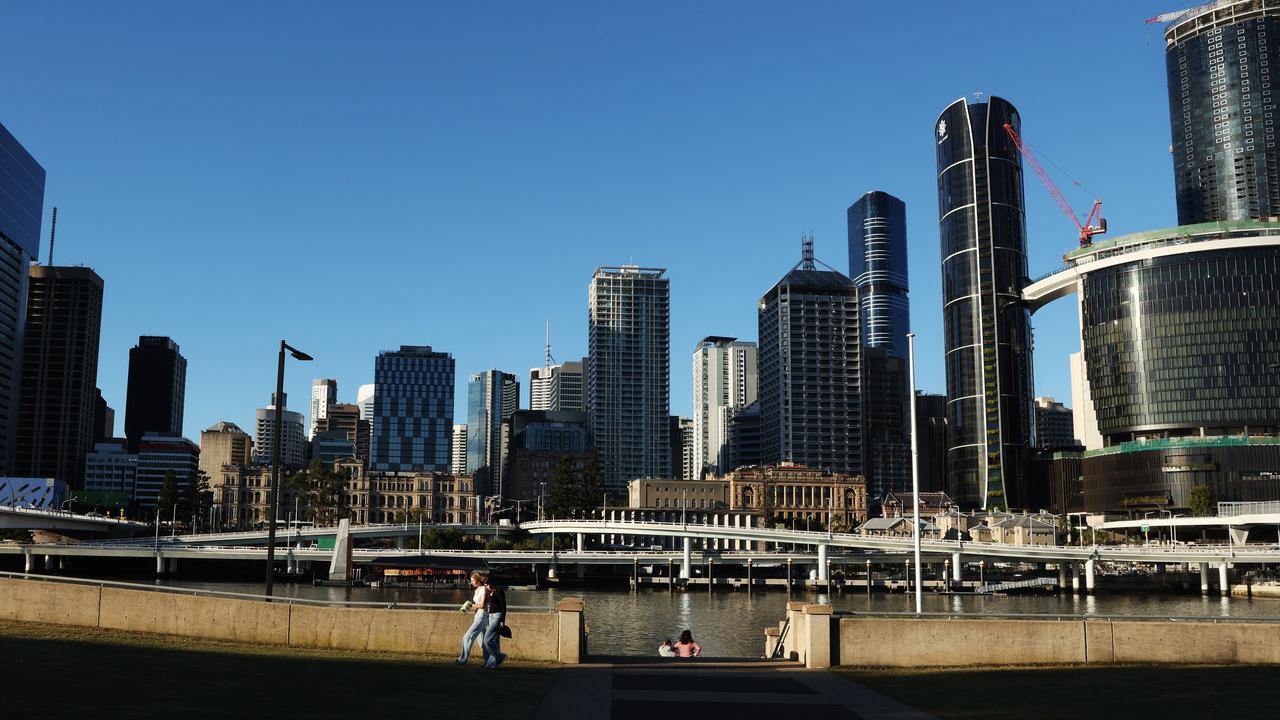Shares ‘still best’ for long term as inflation hits bond returns
Inflation could stay relatively high in coming years, eroding real returns and increasing the need for active stock selection.

Business
Don't miss out on the headlines from Business. Followed categories will be added to My News.
Bond yields are soaring but shares are still the best place to be, according to Peter Bates.
As the 10-year US Treasury yield nears 5 per cent, the portfolio manager of the T. Rowe Price global select equity strategy warns that inflation could stay relatively high in coming years, eroding inflation-adjusted returns and increasing the need for active stock selection.
Even after the fastest central bank tightening since the 1970s, deglobalisation, supply chain reconfiguration and energy transition costs are set to provide a challenging backdrop for central banks to lower inflation to their target levels without triggering damaging recessions.
It comes as wars in Ukraine and the Middle East threaten to cause damaging spikes in energy prices.
“If developed markets risk-free rates are 5 per cent, but inflation is 4 or 5 per cent, your real return on bonds is at best low single digits,” Bates says.
“I still think equities are the best place to be for the long term, but you need a different playbook.
“With higher rates, valuation matters more, and I do think that the market leaders for the next 10 years will be different to the market leaders of the last 10 years.”
Bates is a vice president and investment advisory committee member of the US dividend growth equity, US large-cap core equity, and the US value equity strategies.
In addition, he’s a member of the investment advisory committees of the global growth equity, global focused growth equity, and Japan equity strategies at T. Rowe Price.
Baltimore-based T. Rowe Price is one of the world’s biggest active fund managers with more than $US1.4 trillion ($2.2 trillion) of assets under management.
The concentrated global equity fund is an active, style-balanced, high-conviction and risk-managed global equity strategy that aims to provide long-term capital appreciation.
The fund generated a 24.04 per cent annualised one-year return versus 21.64 per cent for its benchmark SCI World ex Australian index as of September 30, 2023.
Its top 10 holdings as of September 30 were Eli Lilly, UnitedHealth Group, CF Industries, Roper Industries, Meta Platforms, Amazon, Steel Dynamics, Nvidia, Enel and Danaher.

Despite his conviction that inflation will be higher this decade than last, Bates doesn’t “bet his career” on macro forecasts.
He aims to neutralise cyclicality and factors to drive steady, durable performance. It’s a “portfolio with no excuses” for recession or inflation.
One sector he expects to do well in both scenarios is property casualty insurance, and he sees an added benefit that the sector earns more from its investments as interest rates rise.
Other areas he like include US health insurance, particularly in managed care. The fund has some exposure to cyclical areas of the US economy in terms of the housing and infrastructure sectors.
At the same time he’s underweight the US consumer discretionary sector.
“It’s like the consumer is strong until they’re not, and I think a lot of stocks have a lot of risks because if spending falls, it’s like, ‘look out below’,” Bates says.
He’s also underweight US credit and currently shuns banks in the portfolio.
“I don’t own (in the portfolio) a single bank that lends money, and that’s kind of part of being underweight consumer discretionary. So I am trying to avoid landmines,” Bates says. The US economy is in an “incredibly difficult situation” in his view.
Last December and January he was leaning towards aggressive in his portfolio positioning because “valuations created risk return opportunities that warranted taking the economic risk”.
“Now, we’re a year closer to a recession, interest rates have continued to go up, that cliff is getting closer, and valuations are up, so you’re not getting paid to take that risk.”
On a scale of 1 to 10, his portfolio cyclicality has gone from “six to hopefully a four and a half”.
“You never know how your portfolio trades until it (recession) happens,” he says. “But because I want to create balance, I’d say my cyclical range is a four to a six.”
When it’s obvious the US is in recession and “things are terrible”, he plans to move it to a seven or an eight. But other than that period where it’s obvious, he plans to be “very balanced, cyclically”.
With the surge in bond yields and his views on inflation, Bates also has overweight exposures to inflation-sensitive areas like materials.
He says the “spice” for growth in his portfolio comes from exposure to the “magnificent seven” tech giants that typically have AI exposure. They currently make up about 18 per cent of the benchmark.
He sees the “mag seven” as a “factor” on its own.
However, he’s 800 or 900 basis points underweight mag seven, with just three in the portfolio.
“I’m trying to be intelligent, so basically not get my face ripped off by being underweight the stocks that are big in the index,” Bates says. “With all the passive money, you gotta be careful.”
More Coverage
Originally published as Shares ‘still best’ for long term as inflation hits bond returns





